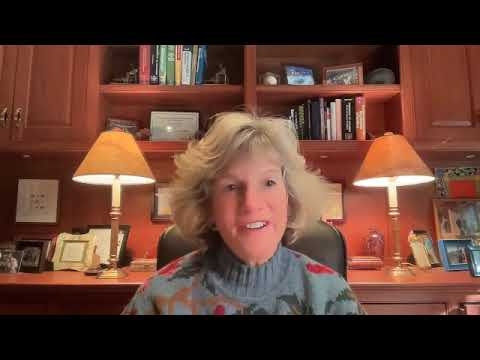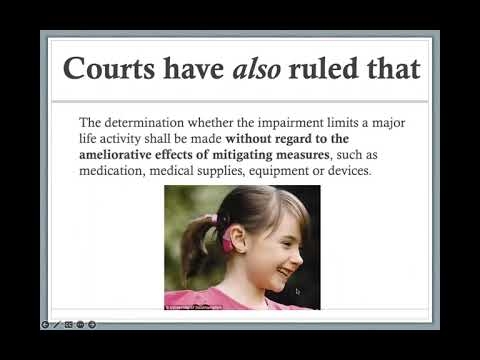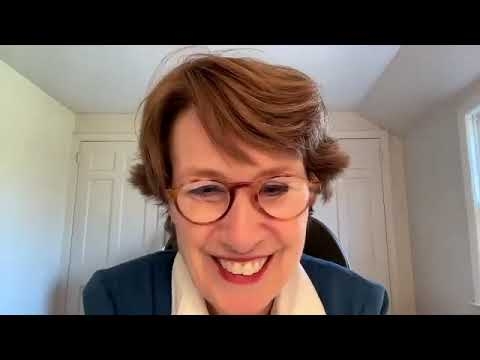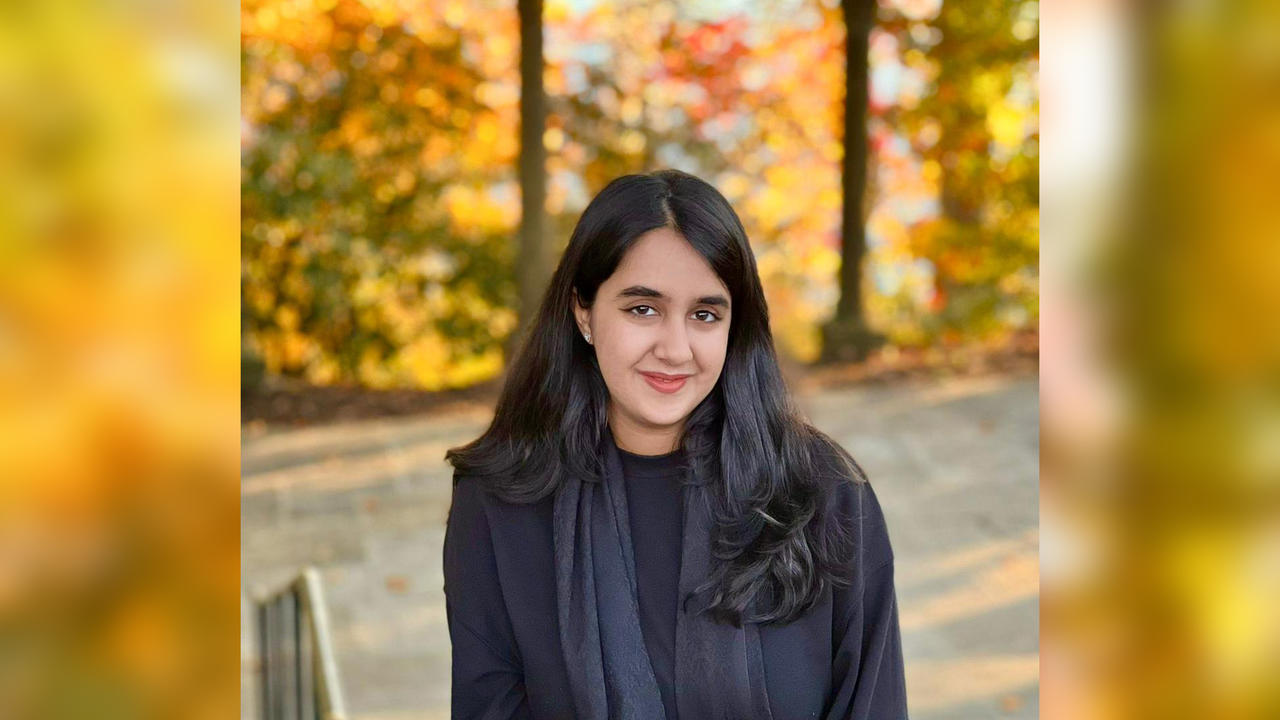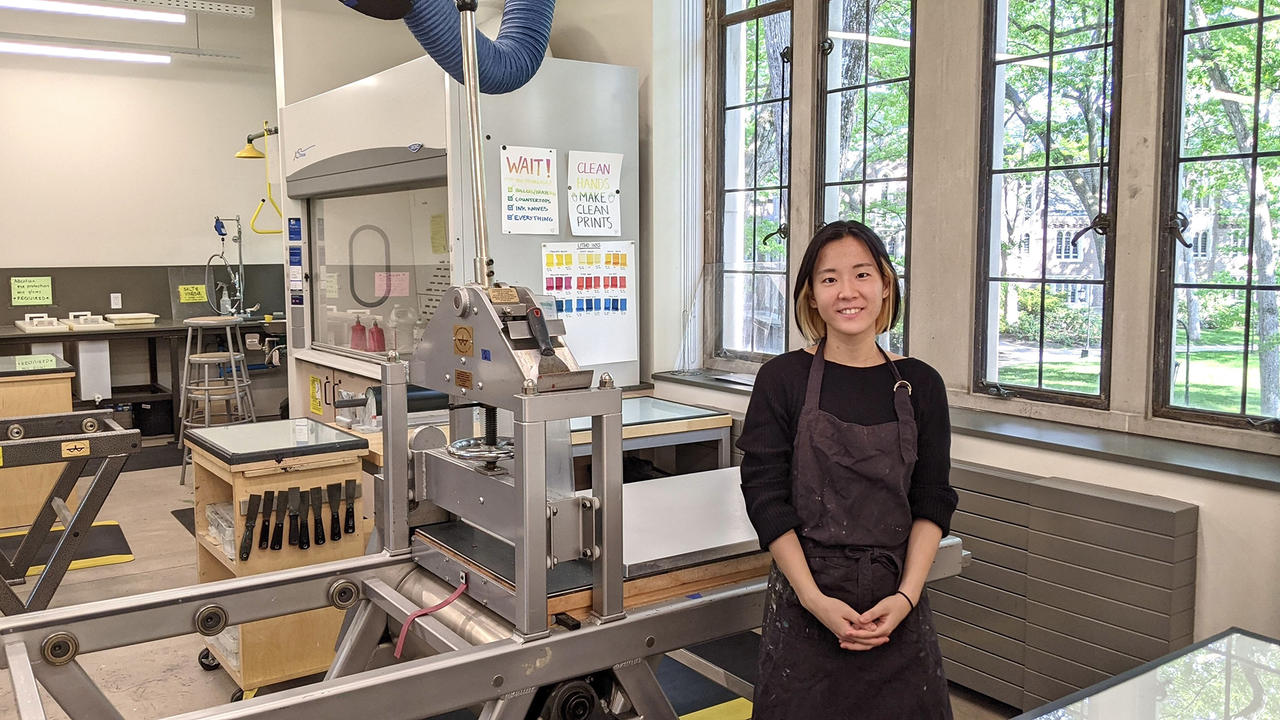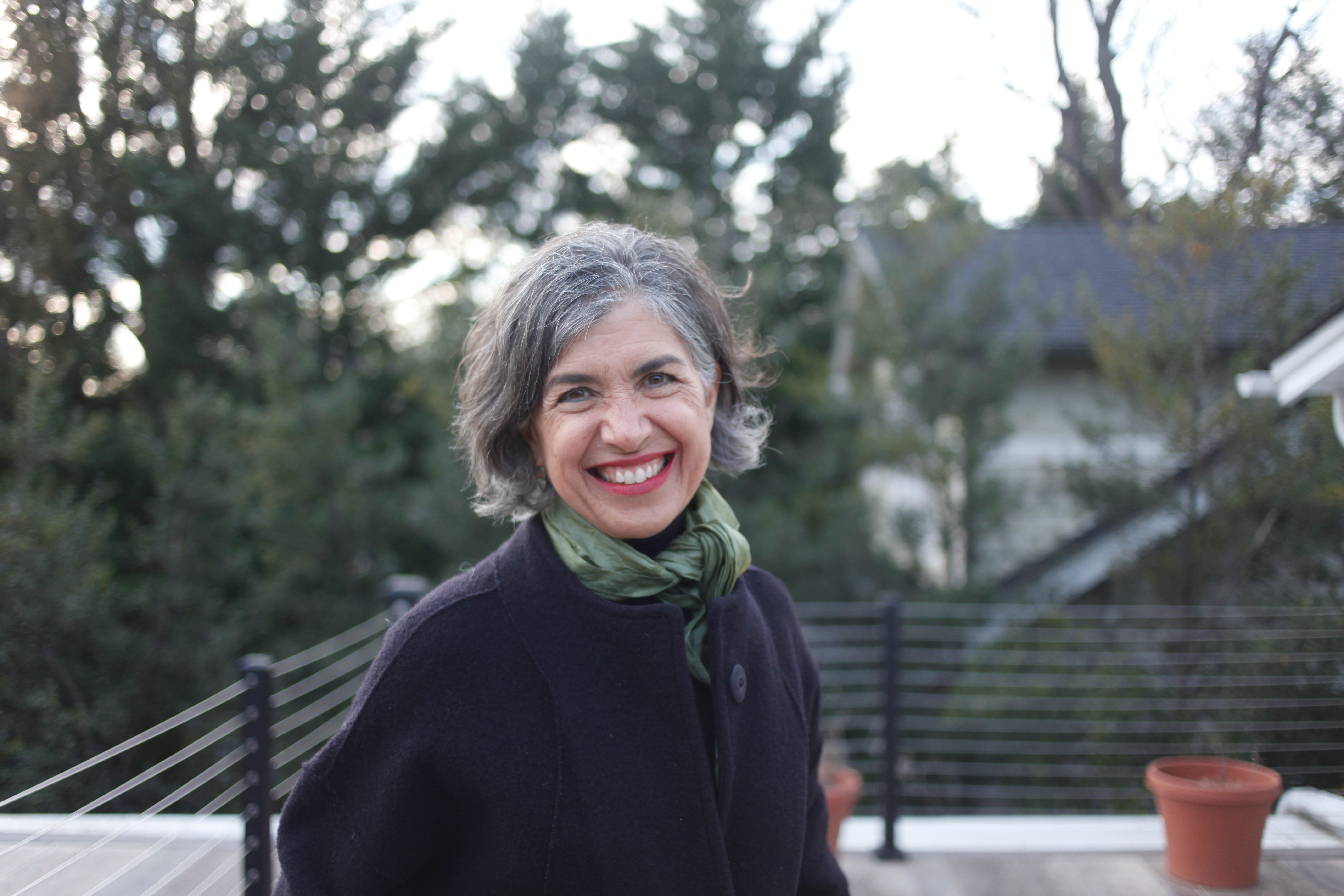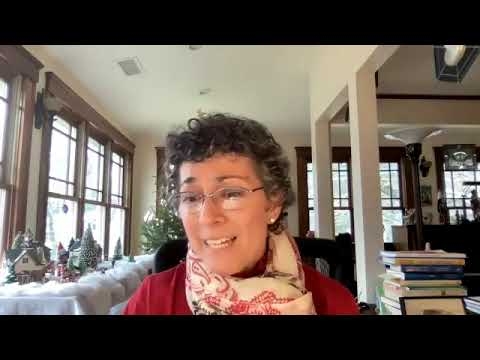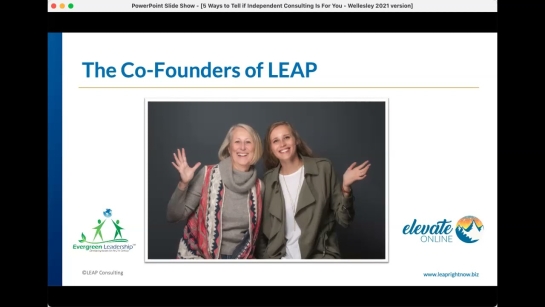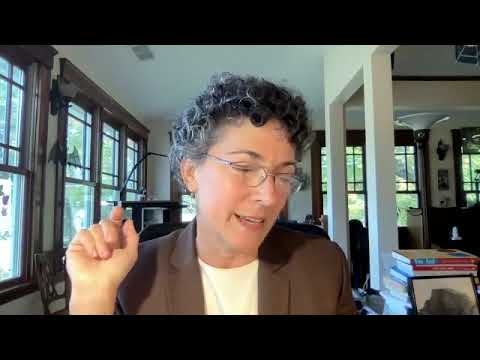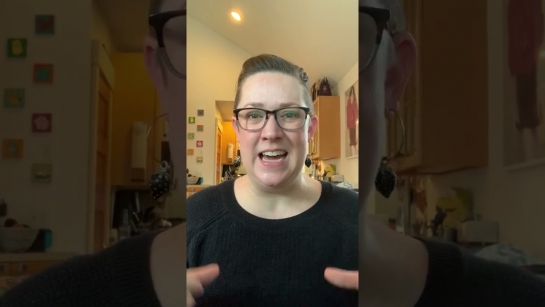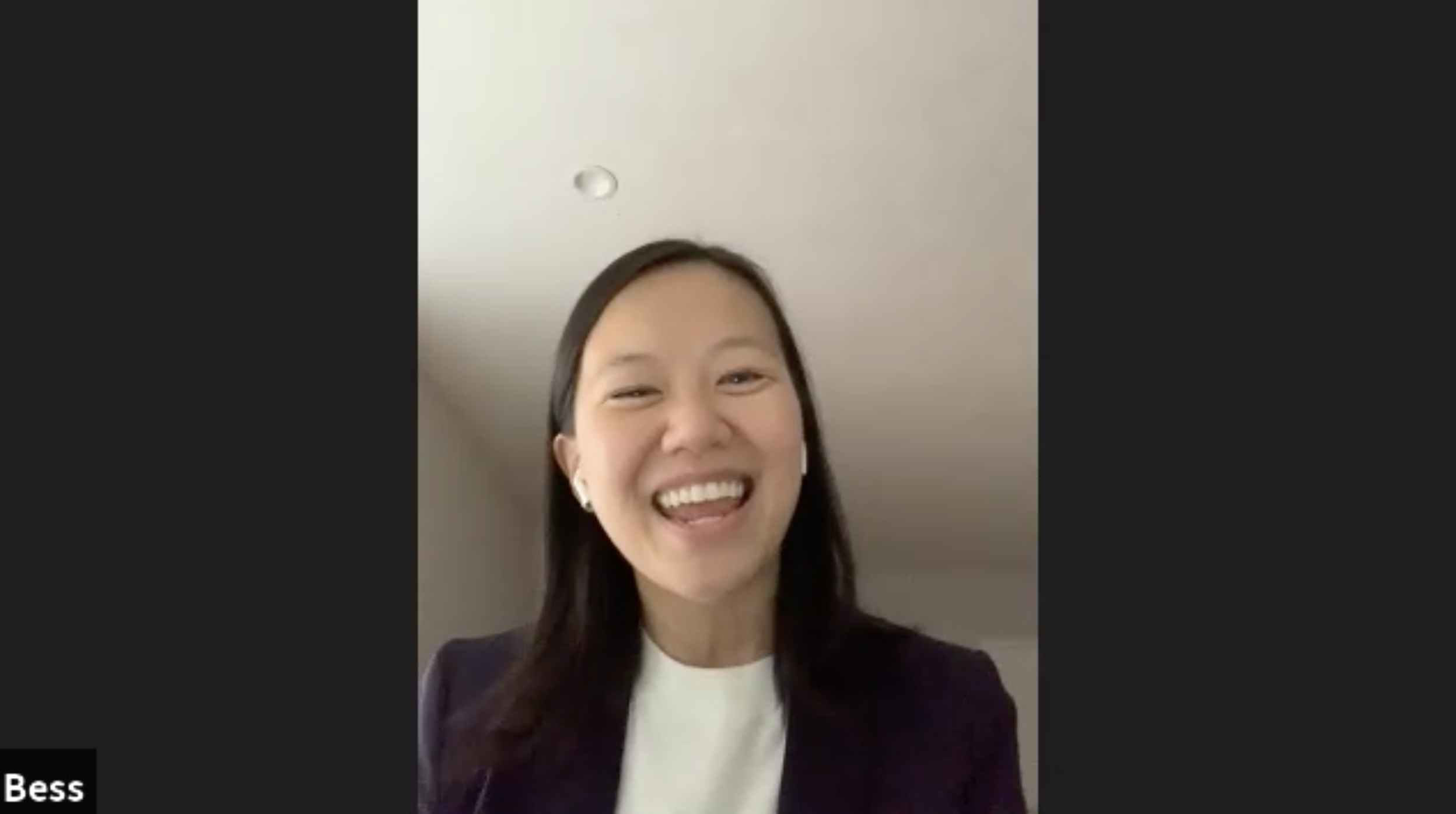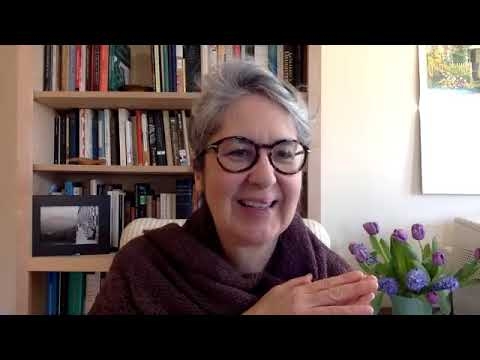Projects for Peace Alumni Award (graduates)

Projects for Peace is a global program that partners with educational institutions to identify and support young peacebuilders and changemakers. Each year, the Projects for Peace Alumni Award will award up to $50,000 to support the continuing peacebuilding efforts of a past Projects for Peace grantee. The Award is made possible through the Kathryn Wasserman Davis Collaborative in Conflict Transformation at Middlebury. Campus application deadline typically in January.
“In order to make changes in laws and policies, we need to have data on our side. We need to be able to make a case that shows a causal link between misinformation online and the erosion of democracy.”
“I see the printshop as a place for all things: teaching, learning, experimentation, creation, expression, collaboration, communication, and inspiration.”
The Mary Elvira Stevens Traveling Fellowship truly embodies Wellesley’s spirit of life-long education for women in its unique requirement that it should fund independent travel to unfamiliar territory for up to one full year. This stipulation inspires courage, imagination, tolerance, and curiosity from the nascent idea of the proposal throughout the process and during the grant year.
Travel Fellowships

Fellowships fund purposeful activity—all over the world! Travel fellowships are available to both undergraduates and graduates, can fund structured opportunities or “build your own adventure” independent projects, can be open to citizens of any nation and applicants from any major, and can fund research, language study, graduate study, teaching, and service… to name just a few! Where could a fellowship take you?
“[There are] a lot of different conceptions of the ocean, and a lot of exciting and creative solutions that are happening all over the world.”
“It was a wonderful new experience to visit community health care centers and NGOs. I was able to speak with community health workers who provide appropriate and equitable care as trusted members of their community.”



